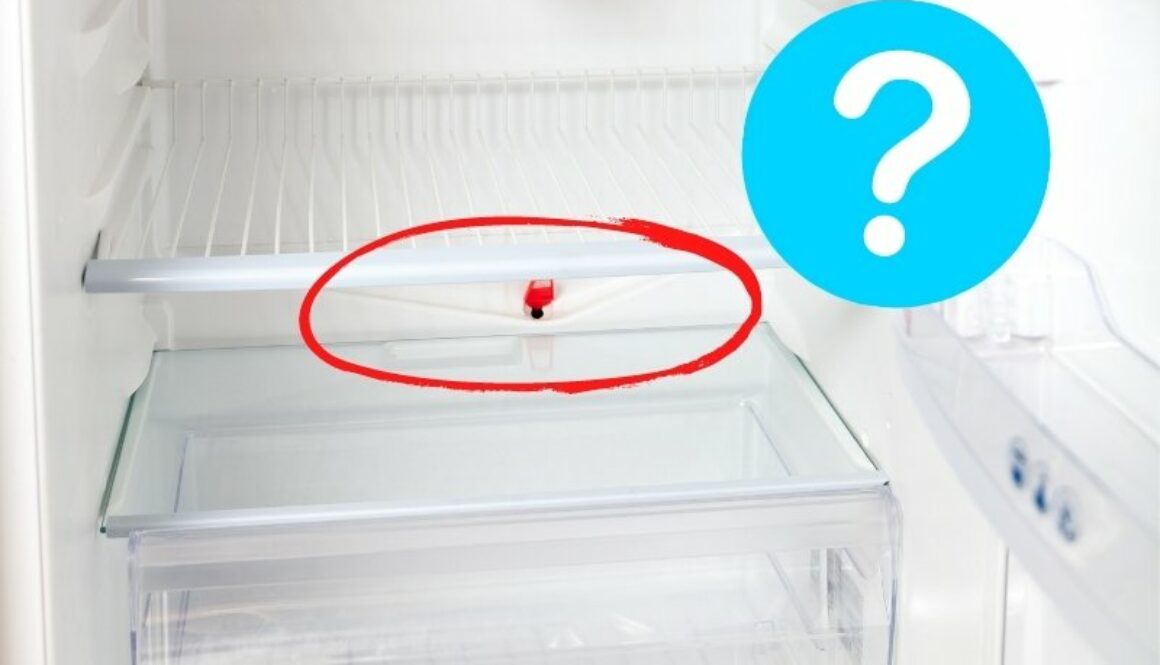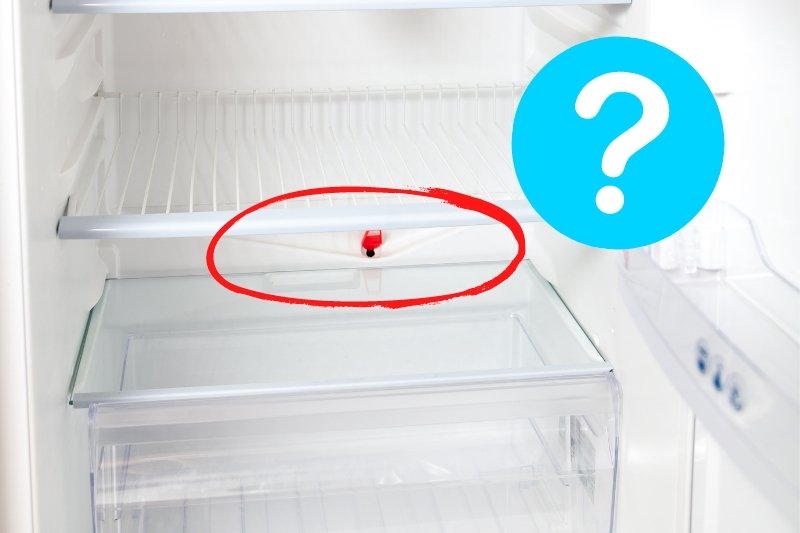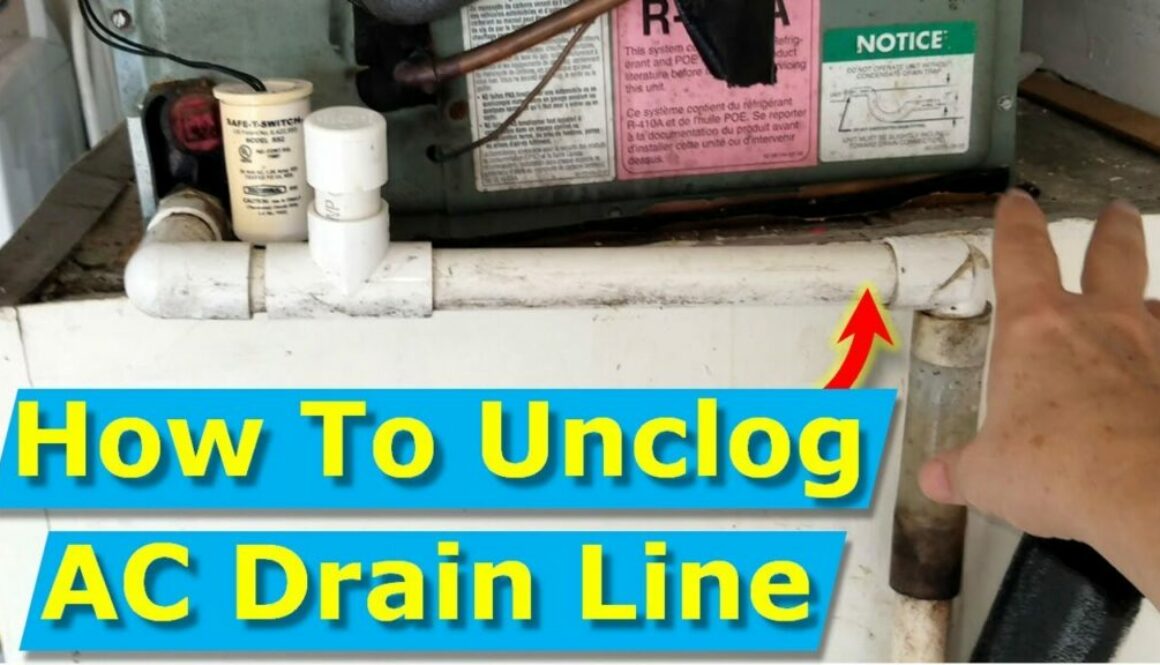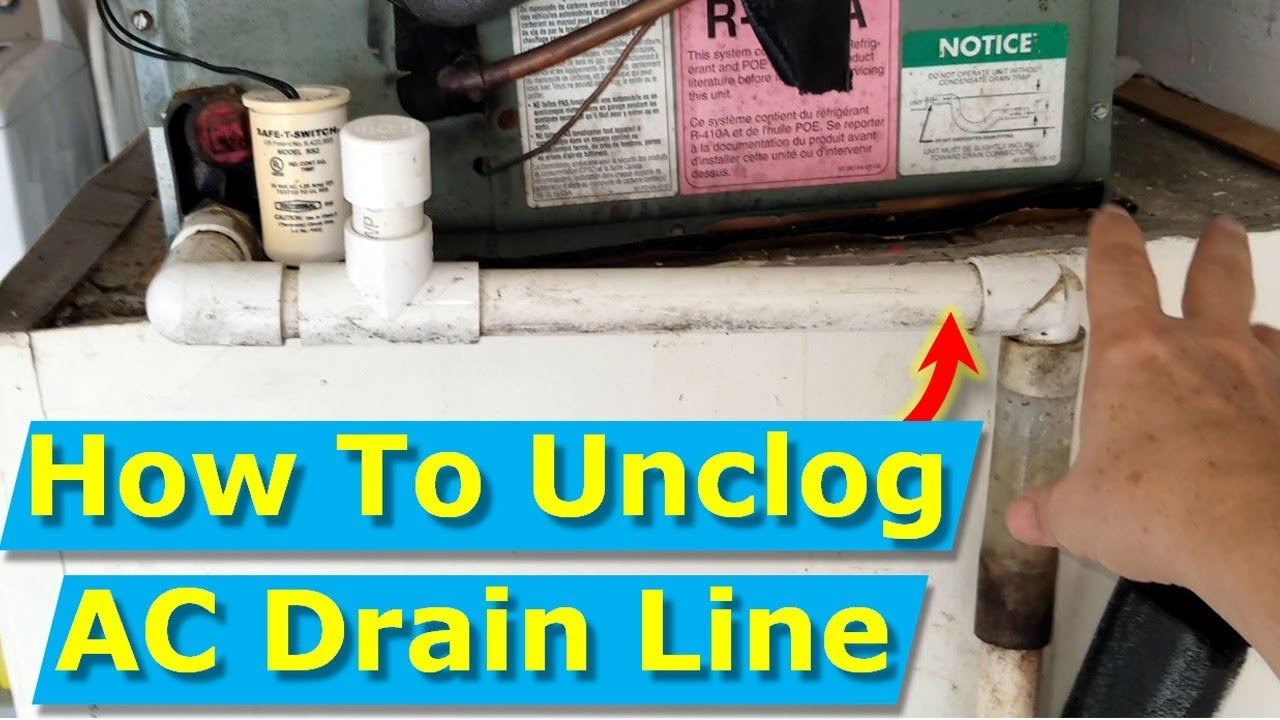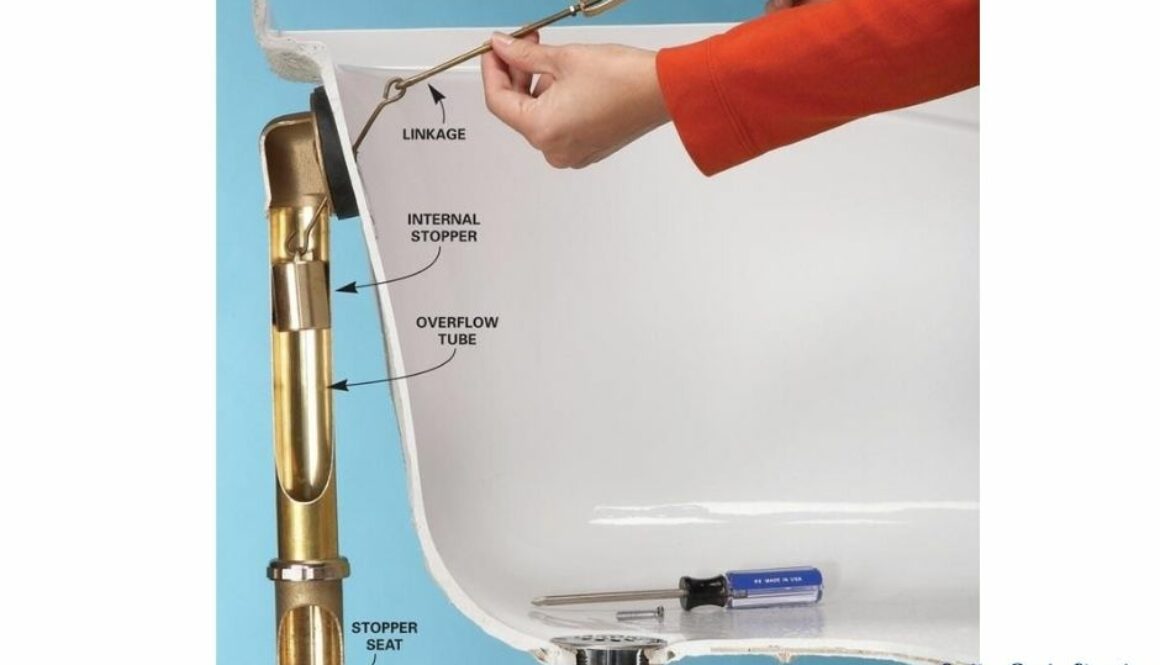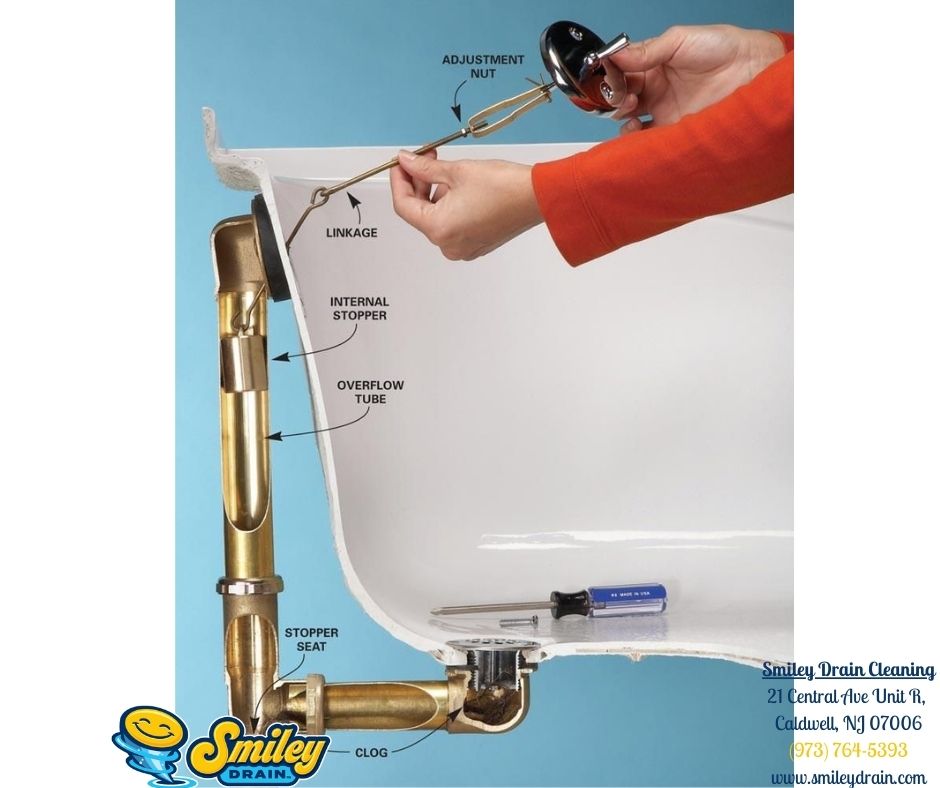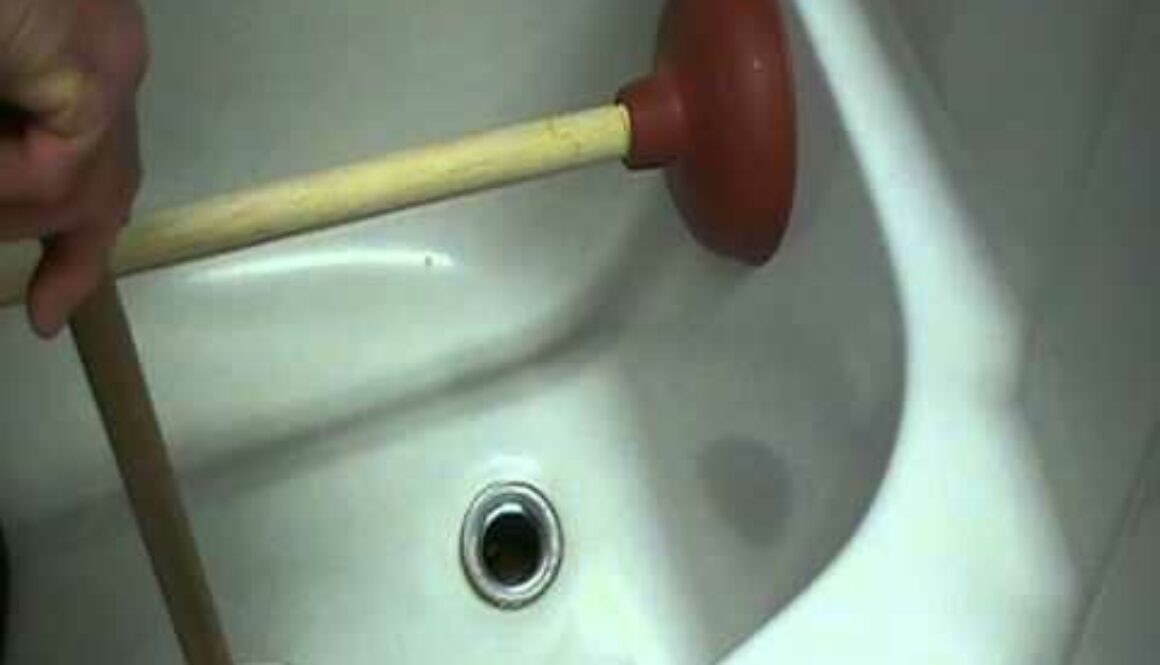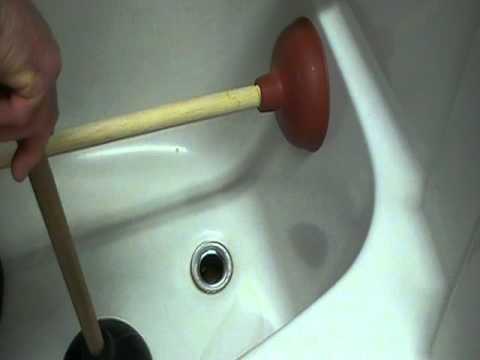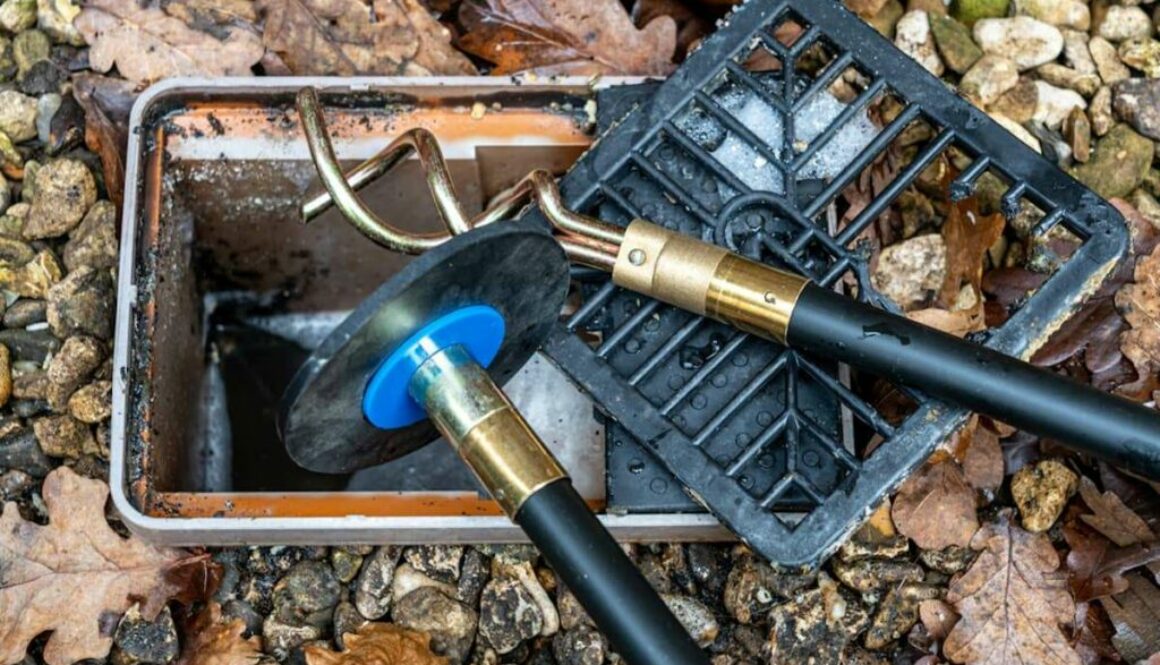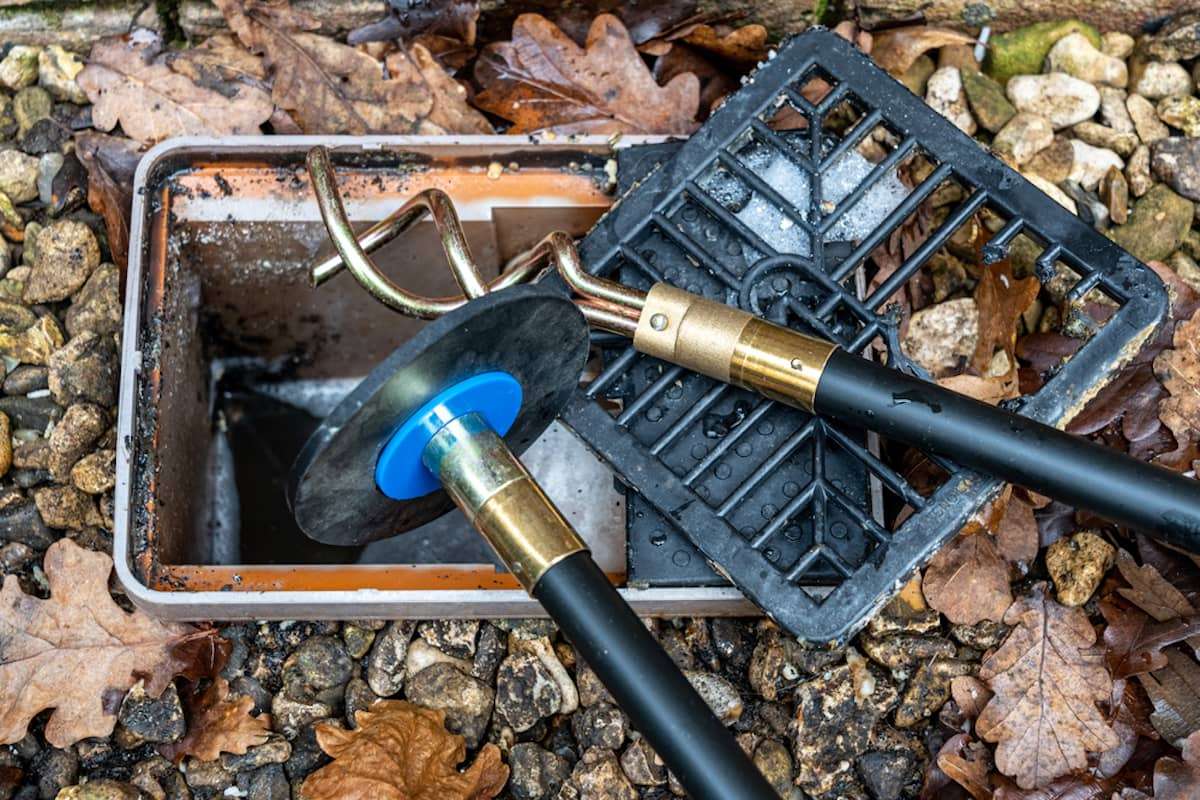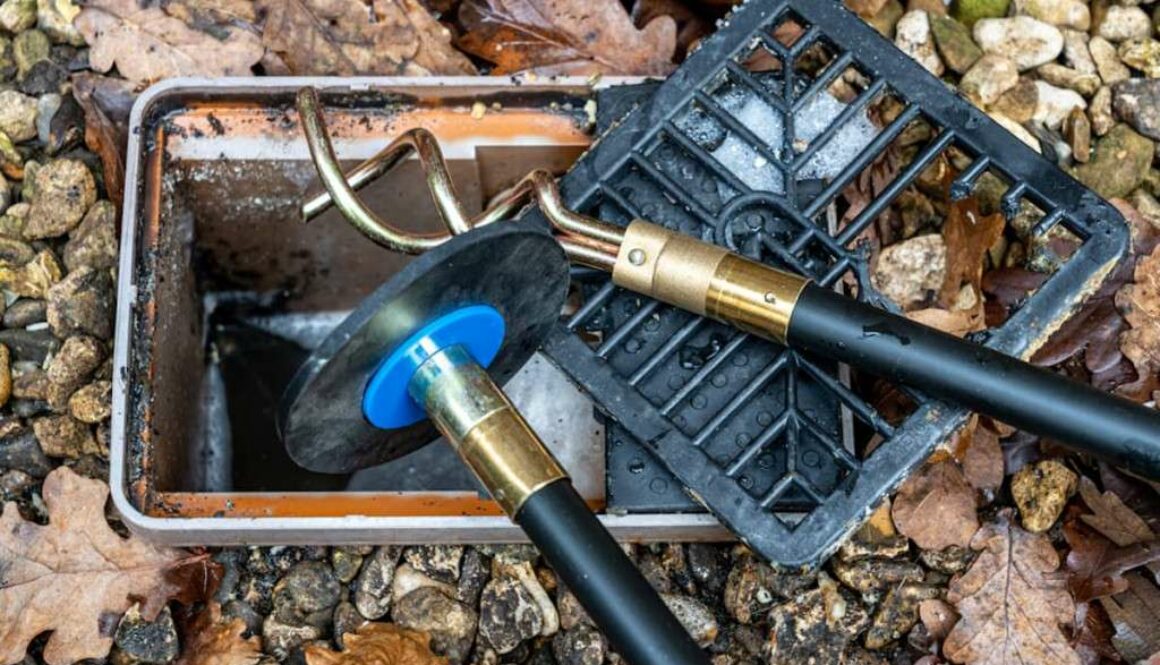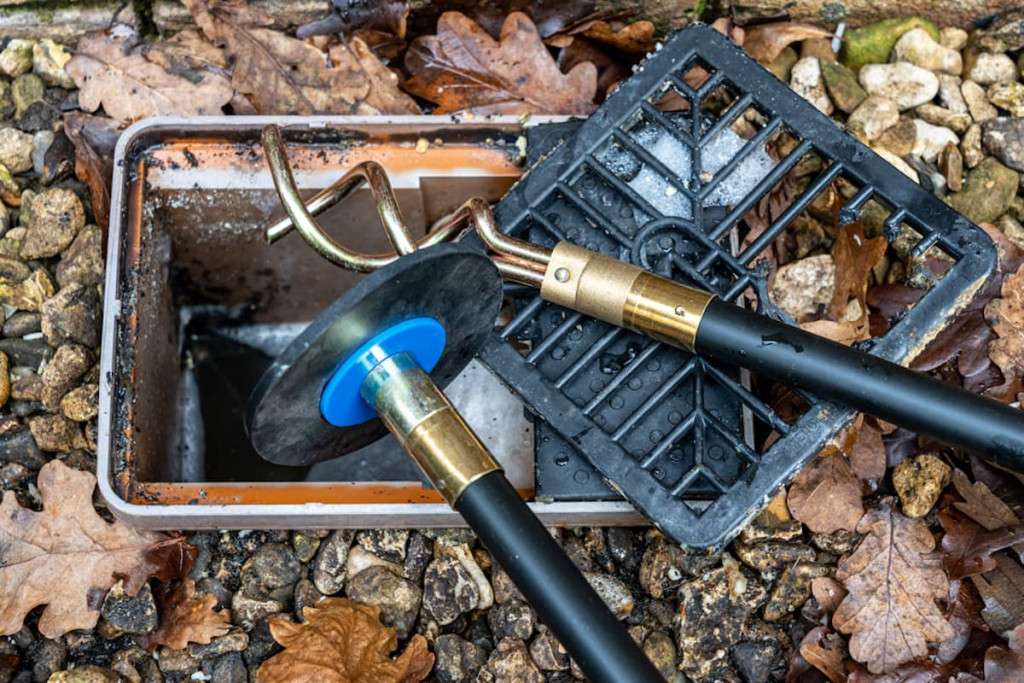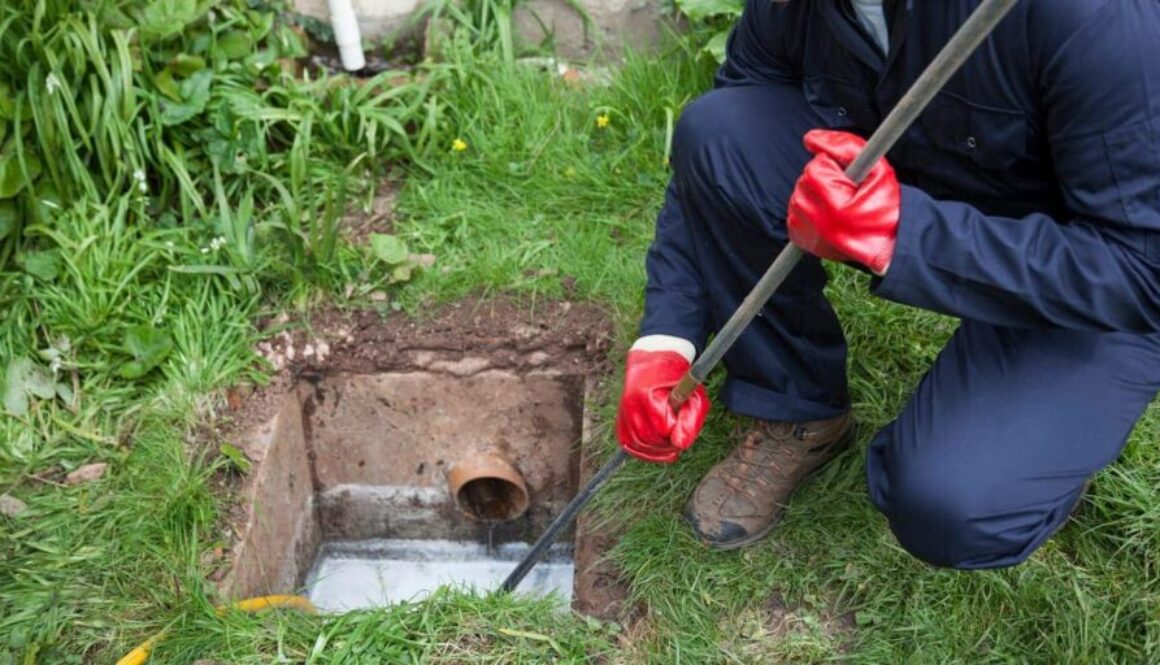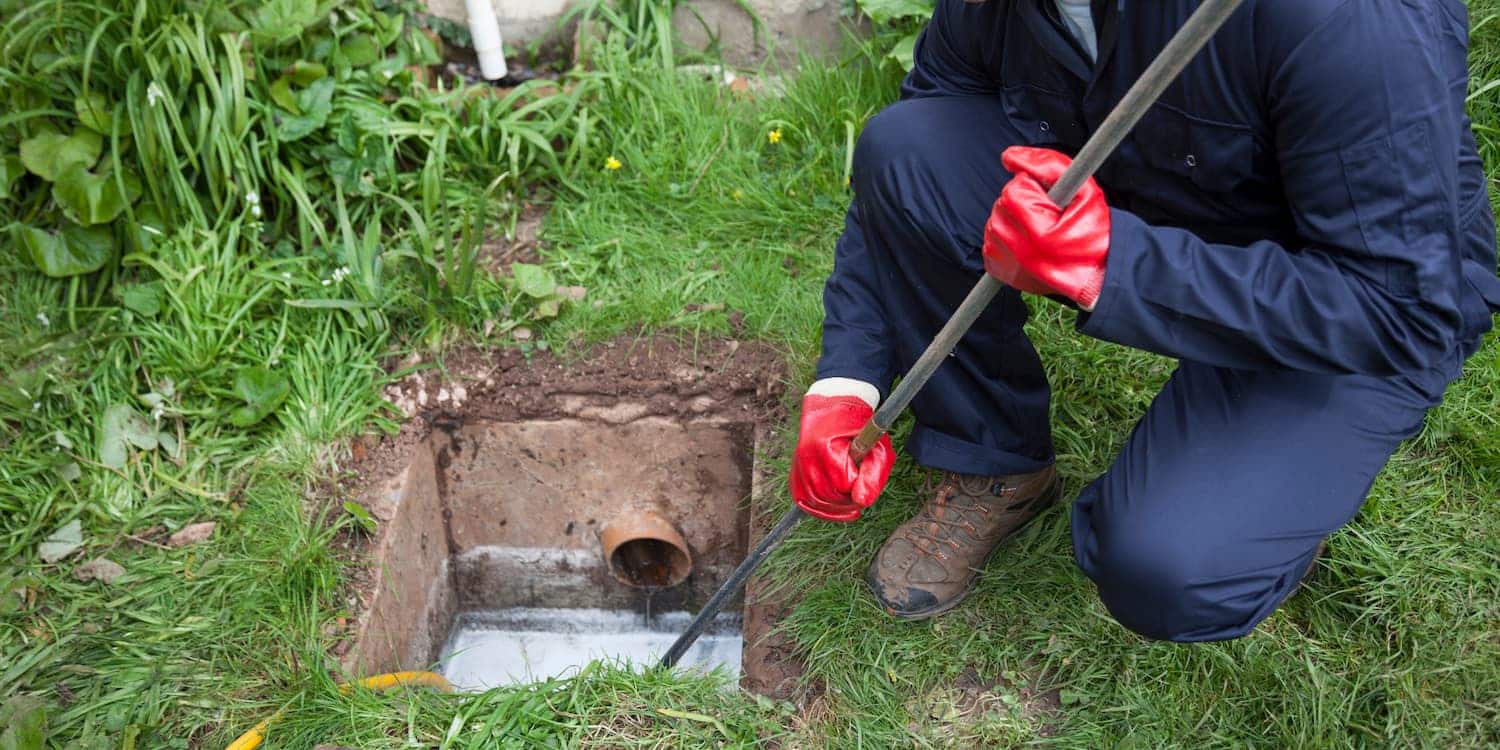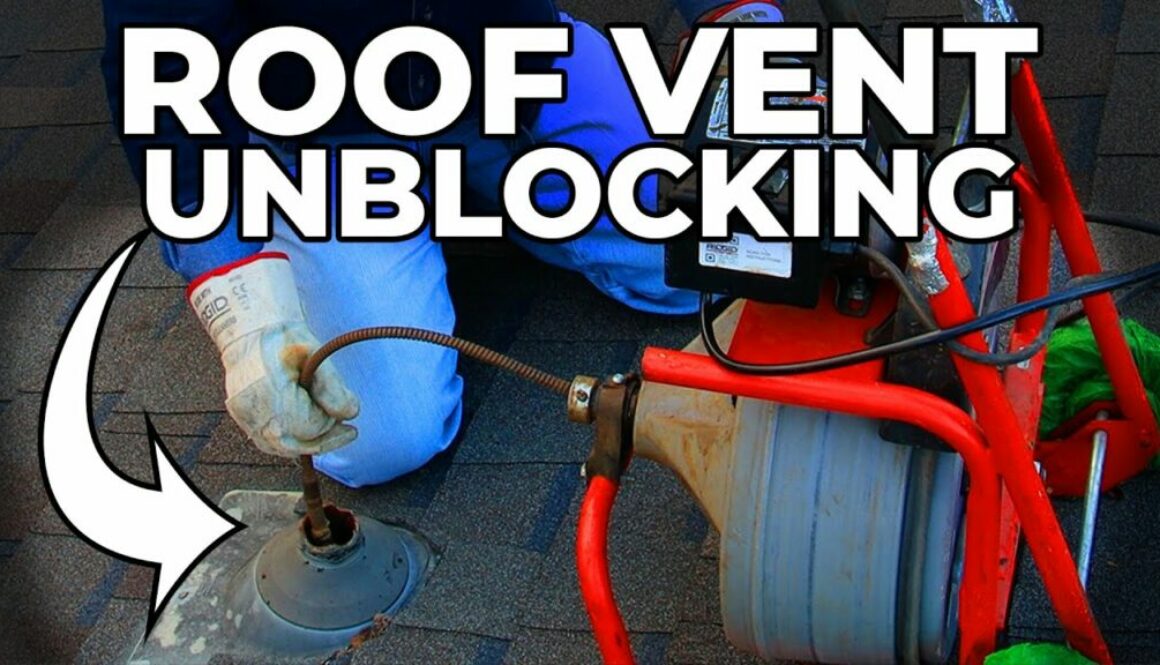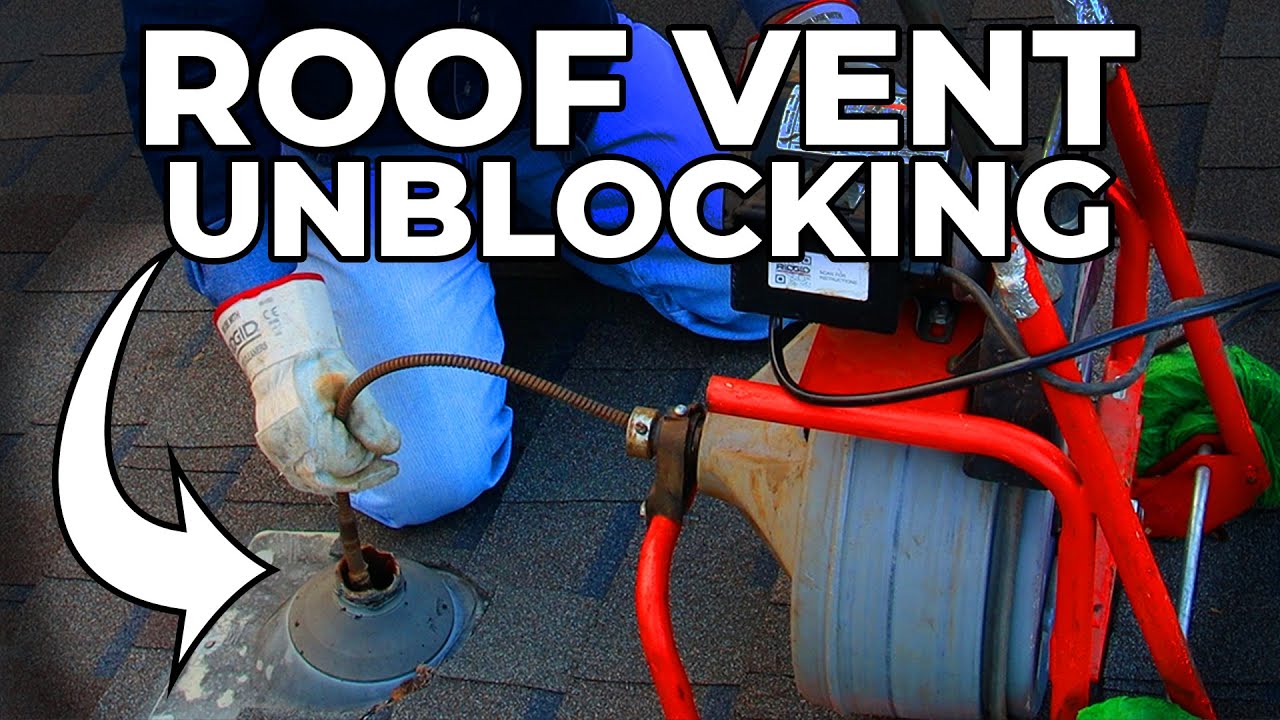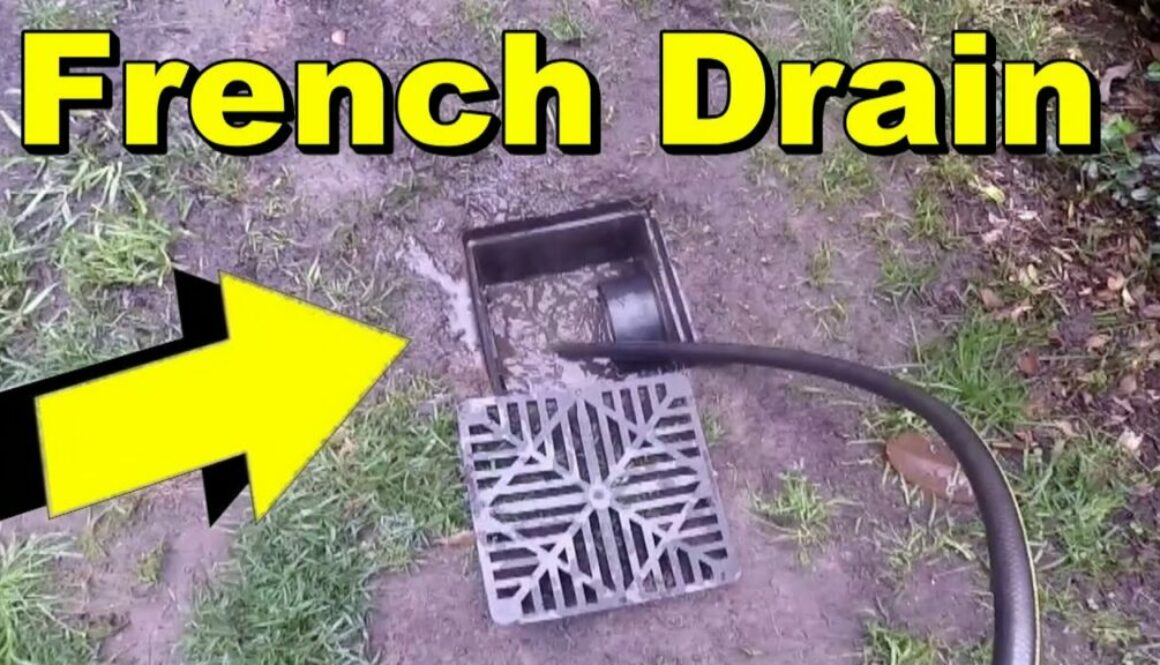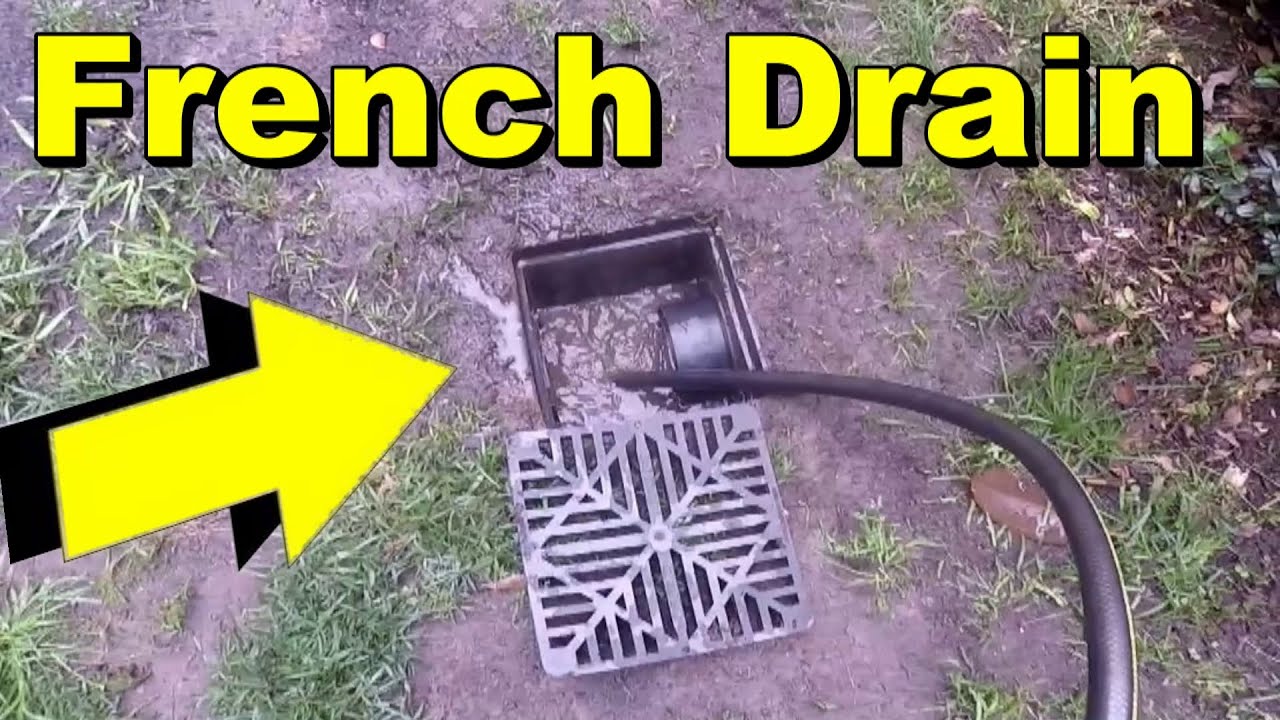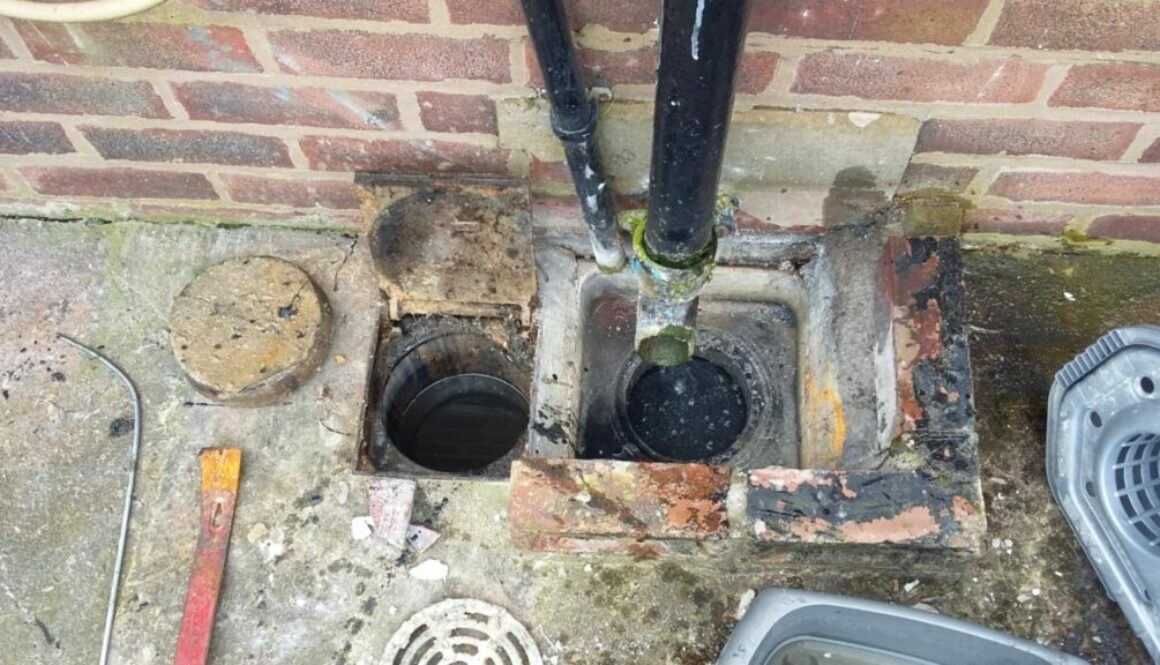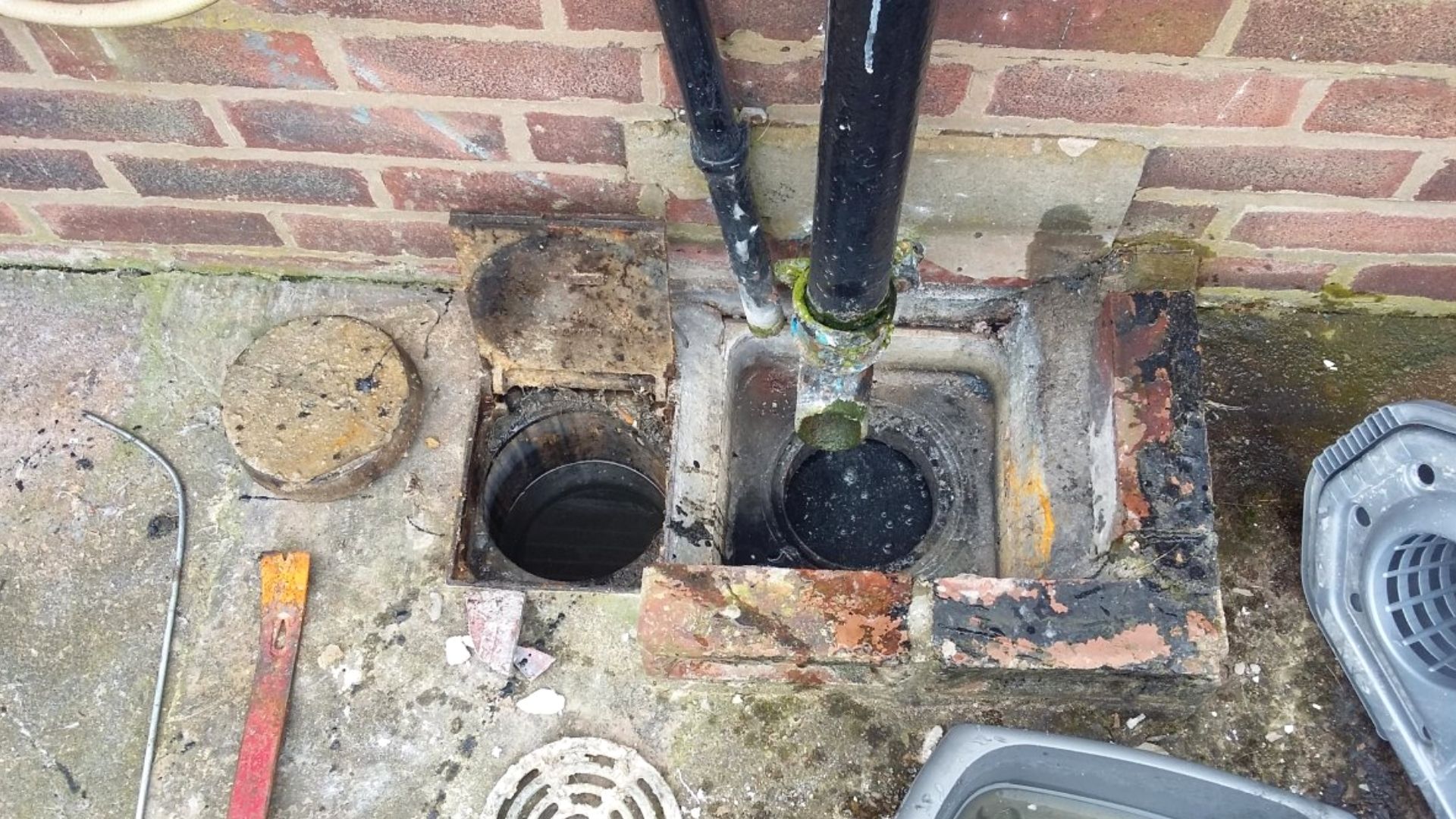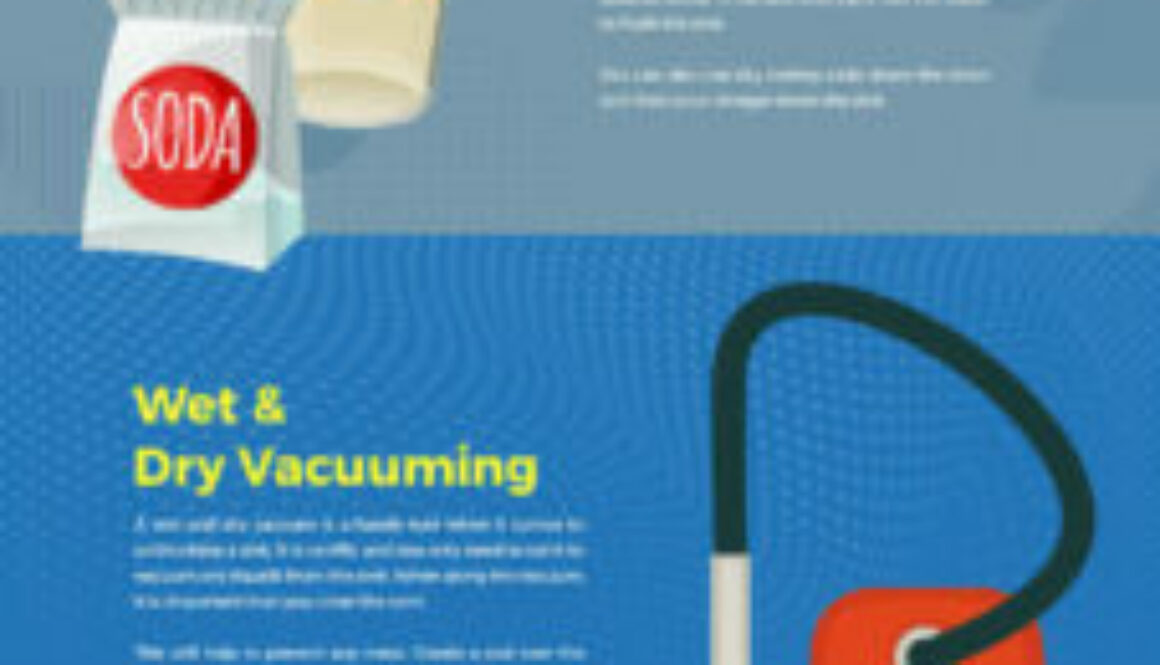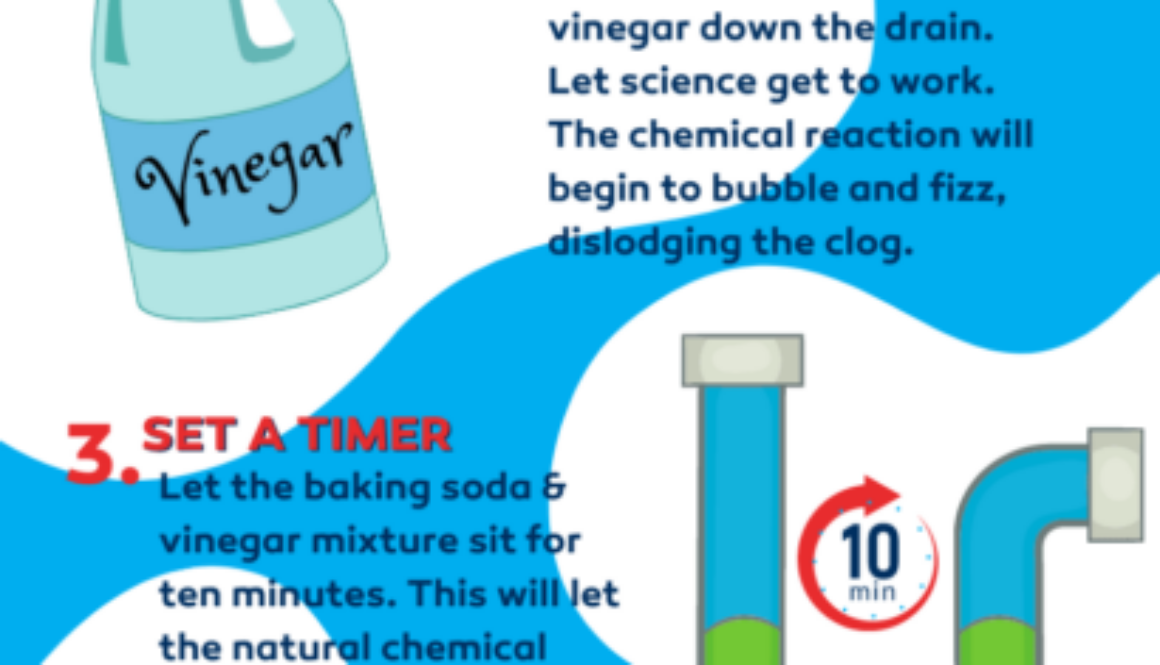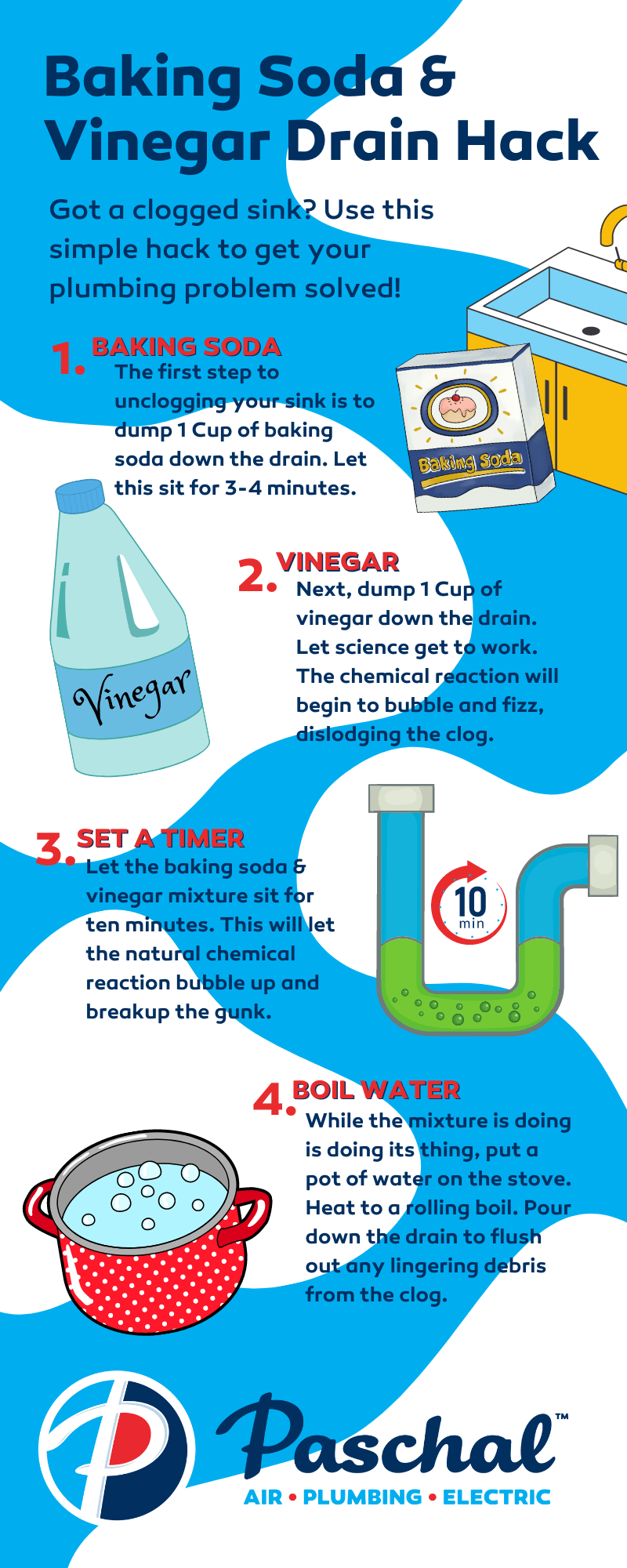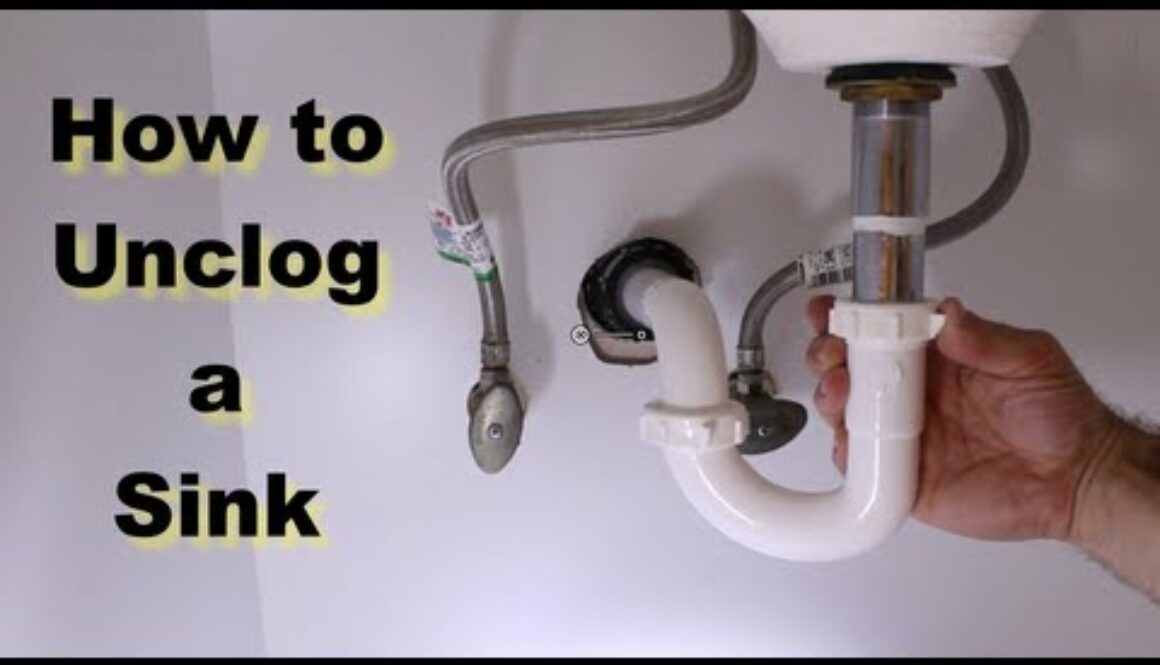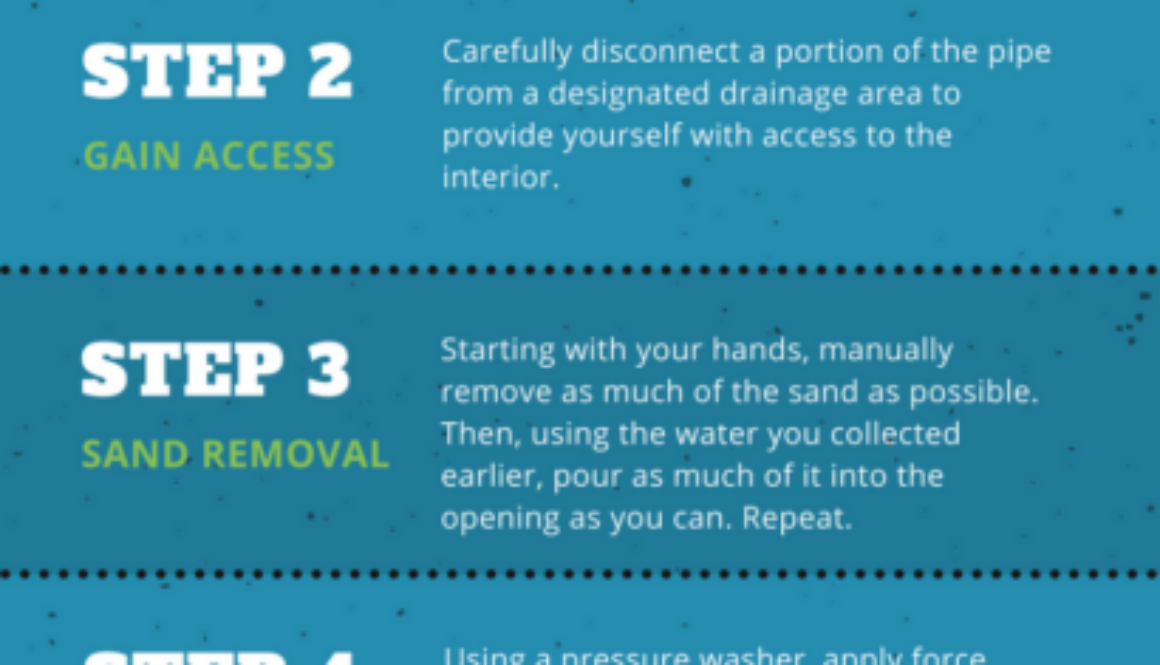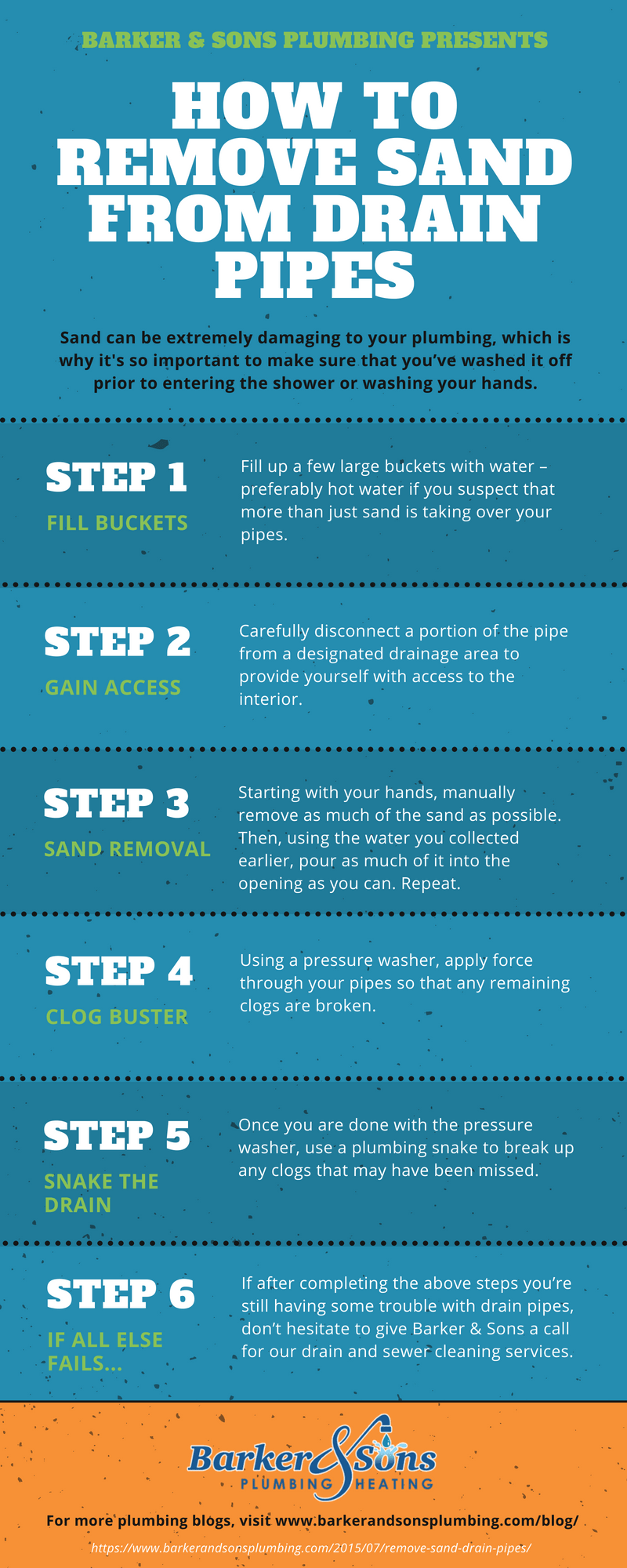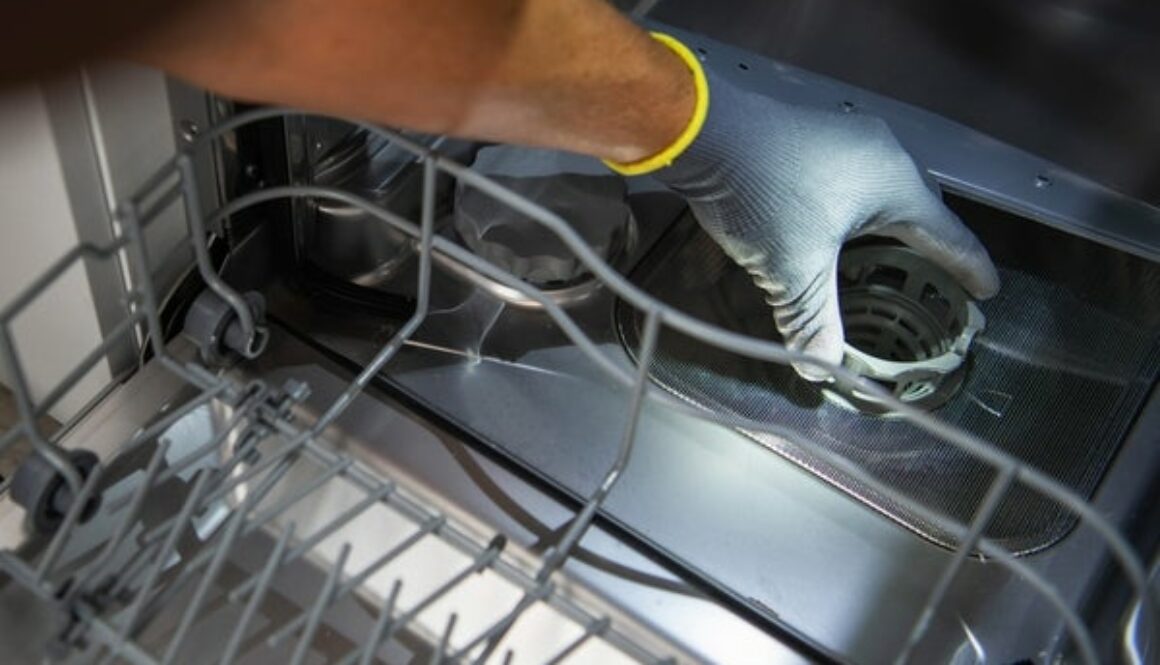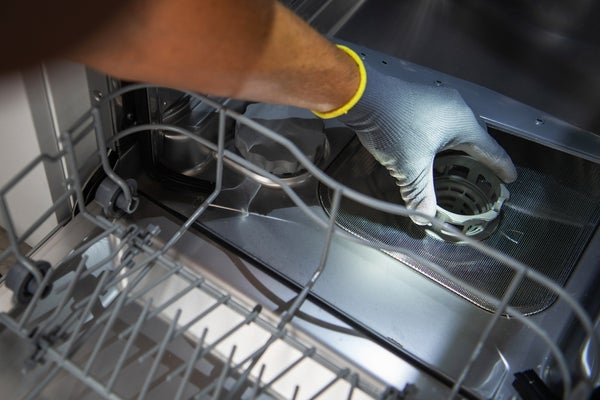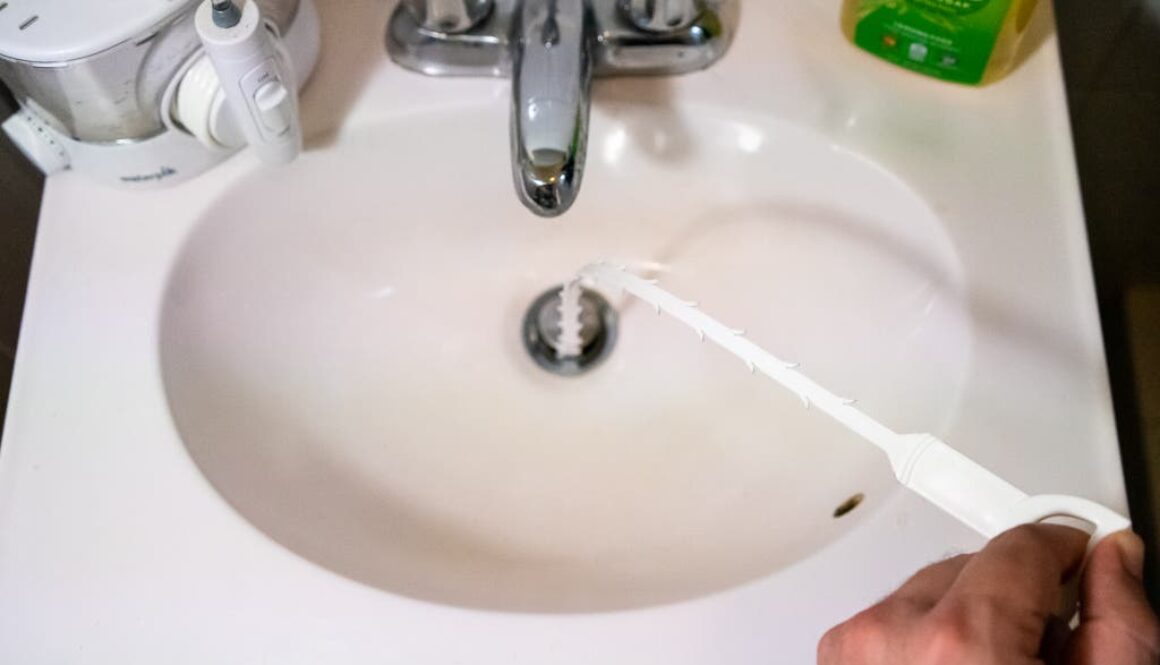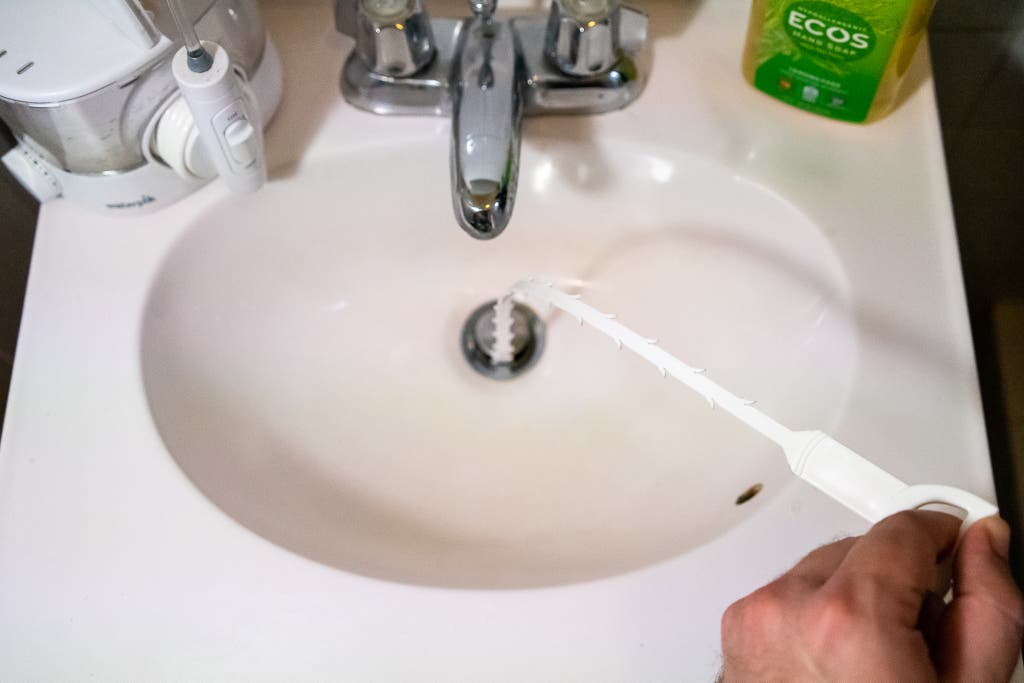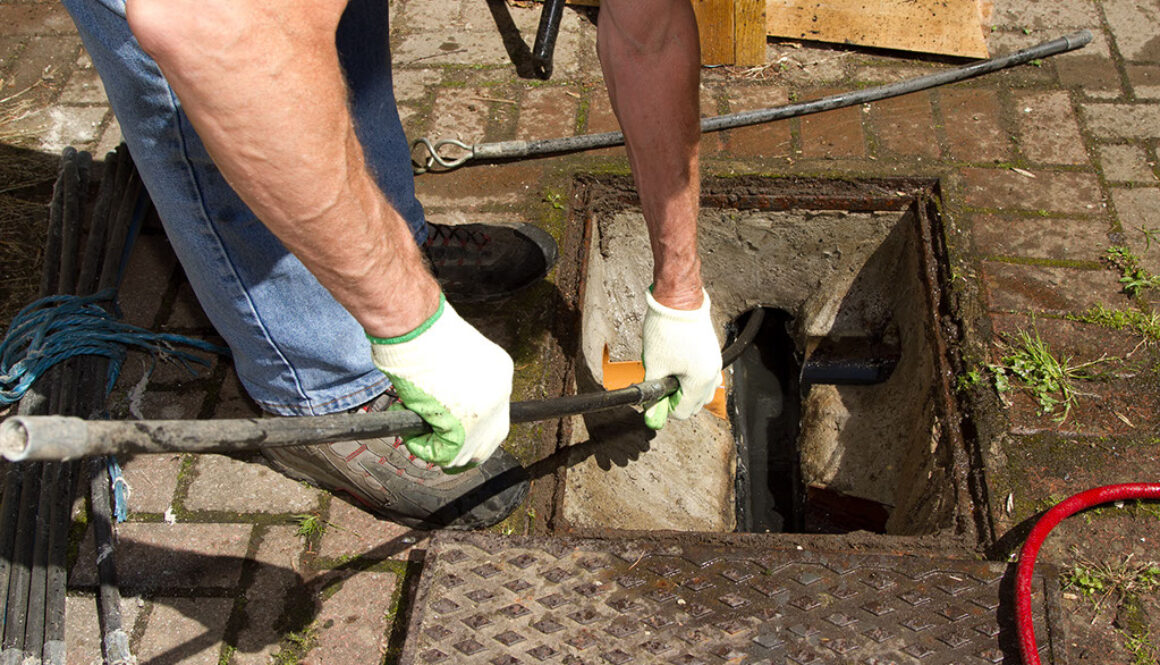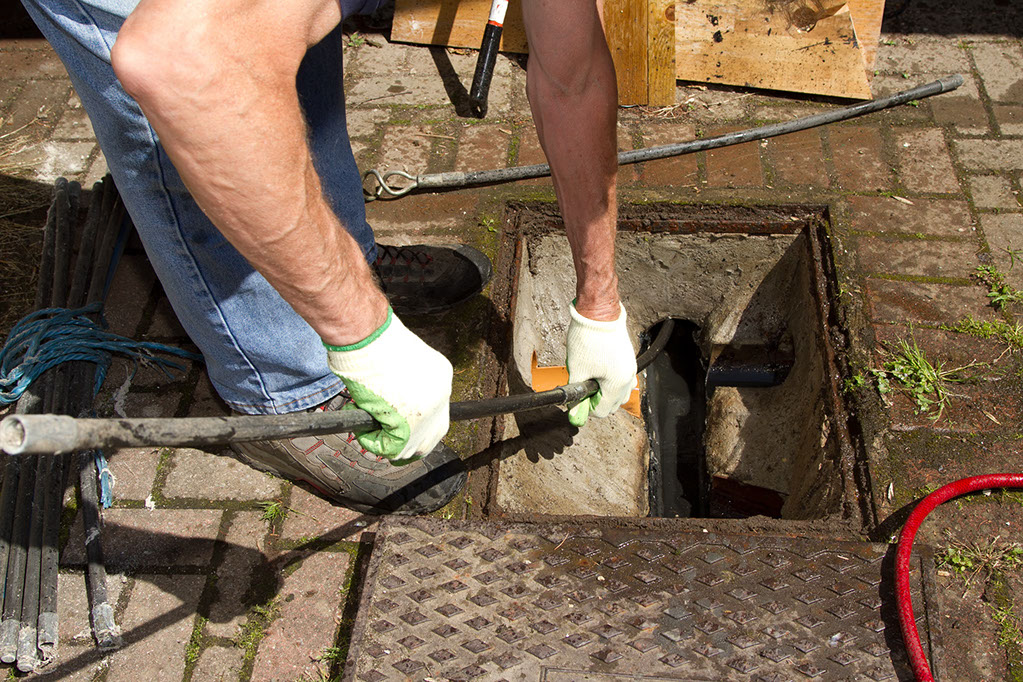How To Unblock Drains Naturally
Do you ever find yourself frustrated when your drains get clogged? Well, worry no more! In this guide, we’re going to learn how to unblock drains naturally. No need for expensive chemicals or calling a plumber. With a few simple ingredients and techniques, you’ll have that water flowing freely in no time.
Clogged drains can be a real pain, but there’s no need to panic. With just a few household items, you can tackle this problem head-on. In this article, we’ll explore some natural remedies that will get your drains back to their optimal condition without any harsh chemicals. Let’s dive in and discover some amazing ways to keep your drains clear and clog-free.
Say goodbye to stubborn clogs that cause all sorts of trouble in your home. In this easy-to-follow guide, we’ll walk you through some effective methods to clear blocked drains using natural ingredients. From baking soda and vinegar to salt and hot water, you’ll be amazed at how these simple remedies can make a world of difference. Get ready to take control of those clogs and enjoy the satisfaction of a smoothly flowing drain. Let’s get started!
1. Start by pouring boiling water down the drain.
2. Mix equal parts of baking soda and vinegar, then pour it into the drain.
3. Cover the drain with a cloth and let it sit for 15 minutes.
4. Pour more boiling water down the drain to flush away the blockage.
5. If the drain is still clogged, use a plunger to force out the debris.
6. To prevent future clogs, regularly clean your drains with hot water and vinegar.

How to Unblock Drains Naturally: A Guide to Keeping Your Pipes Clear
Drain blockages can be a hassle to deal with, but before you reach for harsh chemicals or call a plumber, consider trying natural methods to clear the clog. Not only are these methods environmentally friendly, but they can also save you money. In this article, we will explore seven effective ways to unblock drains naturally, using common household items. Say goodbye to pesky clogs and hello to clear drains without the use of harmful chemicals.
1. Baking Soda and Vinegar
Baking soda and vinegar are powerful ingredients when it comes to unblocking drains naturally. To use this method, start by pouring a pot of boiling water down the drain to loosen any debris. Next, sprinkle half a cup of baking soda into the drain and follow it up with half a cup of vinegar. The mixture will create a fizzing reaction that helps break down the blockage. Leave it to sit for about 30 minutes, then flush the drain with hot water. Repeat if necessary.
Using baking soda and vinegar is effective for regular maintenance and prevention of clogs as well. Follow this method once a month to keep your drains running smoothly.
2. Salt and Hot Water
Salt is another handy ingredient to have on hand when it comes to clearing drains naturally. To use this method, pour half a cup of salt down the drain followed by boiling water. The salt acts as an abrasive, helping to dislodge the blockage. Allow the mixture to sit for a few minutes before flushing with hot water.
This method is particularly useful for hair clogs in bathroom drains. The salt helps break down hair and prevents it from clumping together, keeping your drain clear.
3. Wire Hanger
If you can see the clog within reach, a simple wire hanger can be a useful tool for unblocking drains. Straighten the hanger, leaving a hook at the end, and carefully insert it into the drain. Use gentle, twisting motions to catch the clog and pull it out. Be cautious not to push the clog further down the drain.
This method is especially effective for removing hair or small debris in bathroom drains. Remember to wear gloves and dispose of the clog properly.
4. Boiling Water
Sometimes the simplest solution is the most effective. Boiling water can be an excellent method for clearing minor blockages in drains. Carefully pour a pot of boiling water down the drain in a steady stream. The hot water can help break down grease or soap residue, allowing the clog to dislodge and flow down the pipe.
This method is best for minor clogs and regular maintenance. It is safe for most types of drains, but avoid using boiling water on delicate or plastic pipes.
5. Plunger
A plunger is a classic tool for clearing clogs, and it can work wonders for drain blockages as well. Start by filling the sink or tub with enough water to cover the plunger’s rubber end. Place the plunger over the drain, ensuring a tight seal, and vigorously plunge up and down. The pressure created by the plunger can force the clog to break apart and move down the pipe.
This method works best for solid clogs caused by food or debris. It may require several attempts to fully clear the drain, so be persistent.
6. Enzyme Cleaners
Enzyme cleaners are an eco-friendly option for unblocking drains. These cleaners contain natural enzymes that break down organic materials like hair, grease, and food particles. Simply pour the recommended amount of enzyme cleaner down the drain, following the instructions on the bottle. Leave it to work its magic for a few hours or overnight, then flush the drain with hot water.
Enzyme cleaners are safe to use on most types of drains and are particularly effective for regular maintenance to prevent future clogs.
7. Wet and Dry Vacuum
If you have access to a wet and dry vacuum, it can be a powerful tool for unblocking drains. Start by setting the vacuum to the wet setting and covering any vents or openings that could potentially let air escape. Place the vacuum hose over the drain and create a tight seal. Turn on the vacuum and let the suction work to remove the clog.
This method is effective for larger blockages or stubborn clogs that cannot be easily resolved with other natural methods. Ensure that the vacuum is capable of handling wet substances before attempting this method.
Preventing Future Drain Blockages
1. Regular Maintenance
Prevention is key when it comes to avoiding drain blockages. Establish a regular maintenance routine by using the baking soda and vinegar method mentioned earlier once a month. This will help keep your drains clear of debris and maintain their optimal function.
2. Use Sink Strainers
Investing in sink strainers for kitchen and bathroom sinks is an excellent preventive measure against clogs. These strainers catch food particles, hair, and other debris, preventing them from entering the drain and causing blockages. Remember to clean the strainers regularly to ensure proper drainage.
3. Dispose of Waste Properly
To prevent drain blockages, it is essential to dispose of waste properly. Avoid dumping grease, oils, coffee grounds, and other substances down the drain. Instead, dispose of them in the appropriate waste receptacles or recycling centers. Educate your household members on proper waste disposal practices to maintain the health of your drains.
By following these tips and using natural methods to unblock drains, you can keep your pipes clear and avoid costly plumbing repairs. Remember to prioritize regular maintenance and preventive measures to ensure the smooth flow of water in your home. Unblock your drains naturally and maintain a healthy and clean plumbing system.
Key Takeaways: How to Unblock Drains Naturally
– Pouring boiling water down the drain can help flush out clogs.
– Baking soda and vinegar can create a fizzy reaction that loosens blockages.
– Using a plunger can dislodge minor clogs.
– Salt and hot water mixture can help dissolve grease build-up in drains.
– Regularly maintaining drains with a mixture of baking soda, salt, and hot water can prevent future clogs.
Frequently Asked Questions
Having a clogged drain can be frustrating, but there are natural solutions you can try. Here are some commonly asked questions about unblocking drains naturally:
1. What are some natural ways to unblock a drain?
There are several options you can try to unclog a drain naturally. One effective method is pouring boiling water down the drain to break up any grease or debris. Another option is using a mixture of baking soda and vinegar. Simply pour the baking soda down the drain, followed by the vinegar, and let it sit for about 30 minutes before rinsing with hot water. You can also use a mixture of salt and hot water to dissolve grease and clear the blockage.
Another natural solution is using a plunger. Make sure there is enough water in the sink or tub to cover the plunger and create suction. Position the plunger over the drain and plunge vigorously until the clog is loosened and the water drains out. These natural methods are safe for both your pipes and the environment.
2. Can lemon juice and salt help unblock drains naturally?
Yes, lemon juice and salt can be an effective natural remedy for unblocking drains. This combination can help dissolve grease and grime, which are common causes of clogs. Start by mixing equal parts of lemon juice and salt to create a paste. Apply the paste to the drain and let it sit for about 30 minutes. Then, pour boiling water down the drain to flush away the dissolved debris. This method can be particularly useful for kitchen sinks that often get clogged with food particles.
Keep in mind that while lemon juice and salt can be helpful, they may not be effective for more stubborn clogs. If the clog persists, you may need to try a different natural method or consult a professional plumber.
3. Are there any natural ways to prevent drains from getting blocked?
Absolutely! There are some simple steps you can take to prevent drains from getting blocked. One preventive measure is regularly pouring boiling water down the drain to help dissolve any buildup. You can also create a DIY drain cleaner by mixing equal parts of baking soda and salt. Pour this mixture down the drain followed by boiling water to flush away any potential clog-causing substances.
Additionally, using drain strainers or stoppers can help catch hair, food particles, and other debris before they enter the drain. Regularly cleaning these strainers can further prevent blockages. Lastly, avoid pouring grease, oil, or coffee grounds down the drain, as they can solidify and cause clogs over time.
4. How can I use a wire hanger to unblock a drain naturally?
A wire hanger can be a handy tool for unclogging drains naturally. Start by straightening the hanger and creating a hook at one end. Insert the hooked end into the drain and carefully maneuver it to dislodge the clog. Be gentle to avoid damaging the pipes. Once the clog is loosened, flush the drain with hot water to clear away the debris.
It’s important to note that this method works best for simple clogs caused by hair or small objects. For more complex or stubborn clogs, it’s advisable to seek professional help to avoid further damage to your plumbing system.
5. Are there any eco-friendly drain cleaning products available?
Yes, there are eco-friendly drain cleaning products available on the market. These products are specifically designed to dissolve clogs and clear drains while being safe for the environment. They often use natural ingredients such as enzymes and bacteria to break down organic matter, grease, and other substances causing the blockage.
When choosing an eco-friendly drain cleaner, look for products that are labeled as biodegradable and non-toxic. These cleaners are gentle on your plumbing system and septic tanks, making them a great choice for those who want to minimize their environmental impact while keeping their drains clean and unclogged.
Summary
Got a clogged drain? No worries! Here are some easy and natural ways to unclog it.
First, pour boiling water down the drain to loosen up any debris. Then, try using a mixture of baking soda and vinegar to break up the clog. If that doesn’t work, a combination of hot water and salt can do the trick. Remember to always use a plunger before resorting to chemicals. With these simple methods, your drains will be flowing freely in no time!


